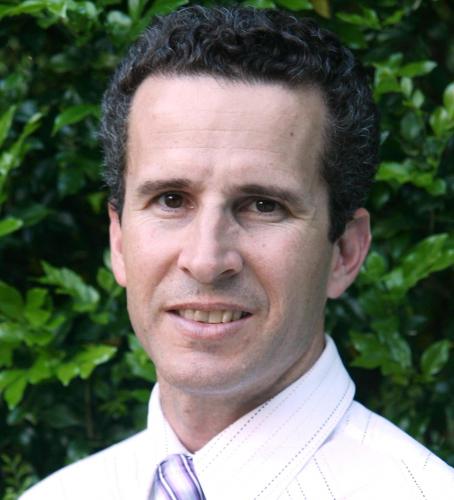Course Content
Through their attendance at this course, participants will:
• Be able to identify the management issues
with Associated Water (AW)
• Know how to assess the contaminants of concern
• Understand the key issues in complying with regulations
• Know the public health and environmental requirements
• Be fully aware of risks and management
strategies involved with AW
• Understand the impact of salinity and SAR
• Learn how to maintain soil conditions in irrigation schemes
• Gain experience in the design and operation of treatment chains
• Gain familiarity with international and national case studies
• Analyze the economic sustainability of a management system
• Recognize recalcitrant contaminants that
may cause treatment issues
• Know the important, probing questions to ask
suppliers of treatment technologies
• Learn how to inform managers of the regulations and guidelines
• Learn how to engage stakeholders and address
environmental and public health concerns
• Manage the flow and recharge of Aquifers
What’s included?
• Presentations by experienced CSG and water professionals
• Set of course notes
• Activities and discussions
• Networking with other industry professionals
• Small group sizes to allow greater interaction
• Catering: Lunch, morning and afternoon teas
DAY 1: Understanding Coal Seam Associated Water (AW)
• Formation of AW
• Contaminates of concern
• Variability and Volumes of AW
• Extraction processes
• Conveyance of AW
• Storage of AW and the impact on quality
• Regulations, Guidelines, and Compliance
• Case studies: international examples of AW quality and volumes,
Australian coal seam basins; Surat, Gloucester, Bowen, Australian
examples of conveyance and storage
DAY 2: Treatment of Coal Seam AW
• Raw water quality
• Fit-for-purpose treatment and reuse
• Treatment chains: organics (including algae), suspended &
dissolved solids, ion exchange, reverse osmosis, brine management
(salt), recalcitrant contaminants (boron, fluoride, and strontium, SAR,
volatiles and hydrocarbons), chemical adjustments (pH and gypsum)
• Case studies: Australian and international examples of treatment
chains, ion exchange systems, differences between membrane
technologies, brine management strategies, recalcitrant
contaminants
DAY 3: Sustainable Management of Coal Seam AW
• Recycled water management
• Stakeholder groups engagement
• Groundwater sustainability (aquifer management)
• Environmental and public health risk assessment
• Agricultural reuse: mass balance (water and salt), risk management
• Environmental flows: national versus state regulations
• Future risks
• Economic sustainability
• Case studies: failed community engagement, successful community
engagement, aquifer recharge, irrigation schemes








